Our Failure to act collectively exacerbates
ecological and economic crises.
We’re on track for 2.7C+ by year 2100—unhabitable for millions
Intergovernmental Panel on Climate Change (IPCC) 2023
1% Captured 63% of New Wealth
since 2020
Oxfam 2023
While the bottom 50% just own 1% of global wealth
Credit Suisse 2022
The Philippines
is the No. 1 plastic waste contributor worldwide
Lourens J. J. Meijer, et. al. 2021. Science Advances Vol. 7, 18.
https://doi.org/10.1126/sciadv.aaz5803
our breaking point
Ecological-Economic
Polycrisis
our response
A Living Framework for Shared Wealth
tayo economics
Local and Circular: From farm to product to store — all within the community
Tech-Enabled:
Transparent tracking, community dashboards, remote onboarding
Accessible:
Affordable and dignified — it reduces costs while creating livelihoods
.png)

Scalable Model:
Replicable Communes and Eco-Hubs rooted in grassroots ownership
Community-led:
Operated by people, for people — not by corporations
.png)
.png)